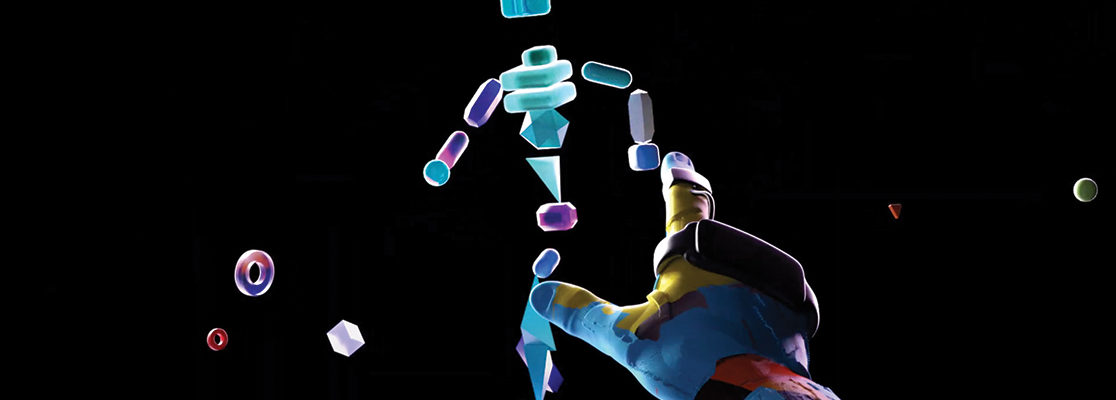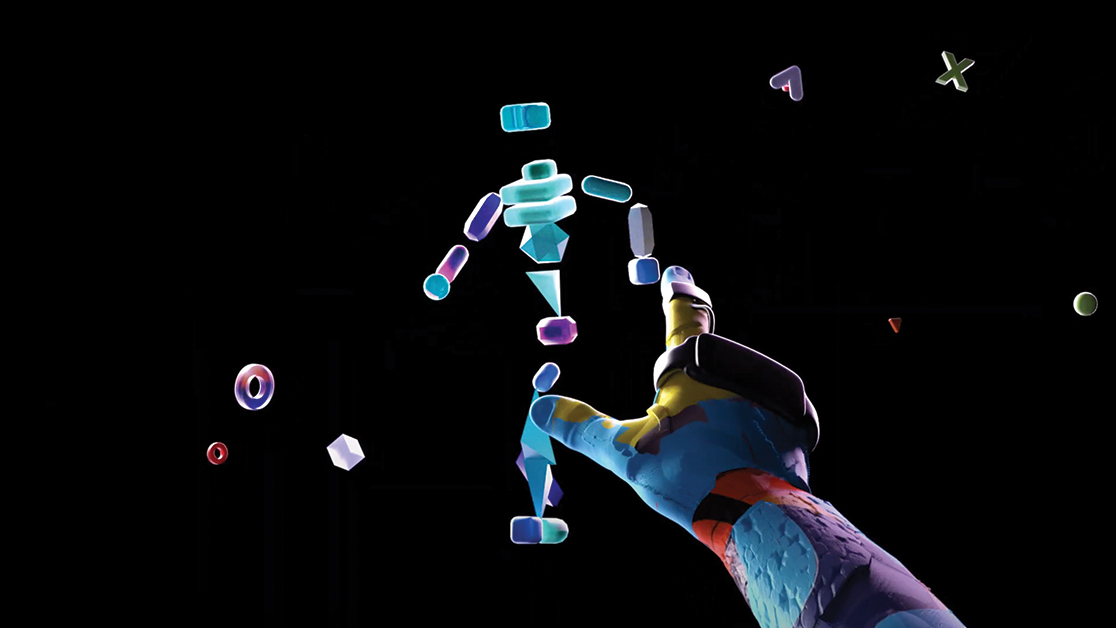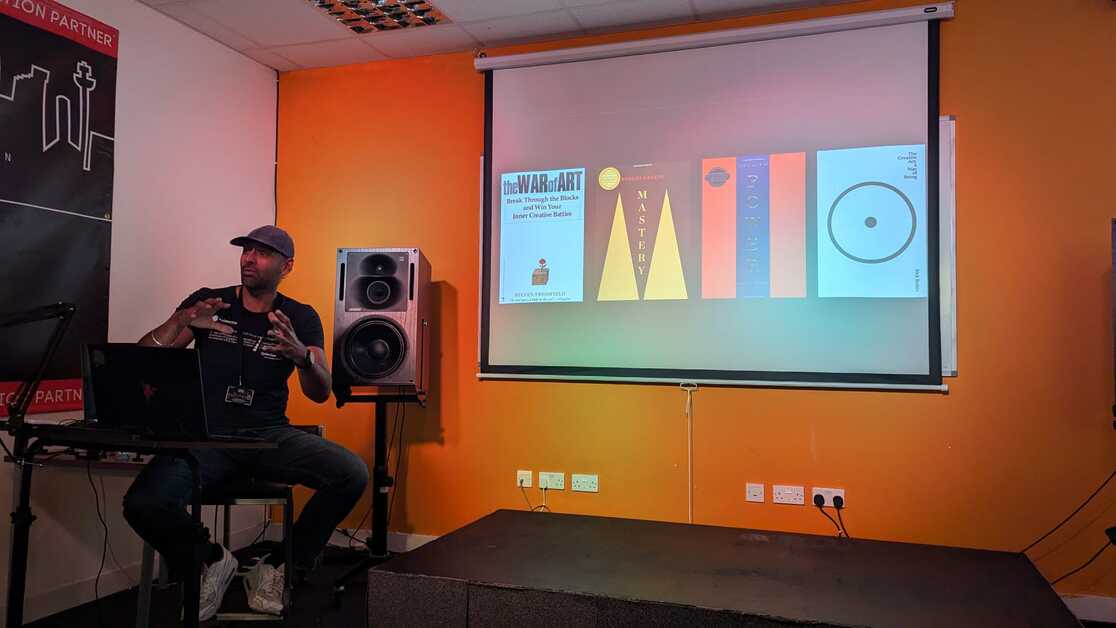SAE’s Game Art and Animation students were visited by industry experts and professionals at our Liverpool campus to share insights learned from their experiences.
The guests included Matthew Dodd (MD), a 3D Artist at Skyhook Games, Kira (Kitty) Lonergan, Founder of local indie studio KittiKatGames, Opi Chaggar (OP), Senior 3D Animator at Lava Labs, Micheal Seerey, Founder of InkQuisition and Dungeons and Dragons YouTube/Content Creator and Firdaus Khalid (FK), a former SAE Game Art and Animation Lecturer.
We’ve previously blogged on Kitty’s advice around how to set up an indie studio and featured more tips and wisdom from the other guests below.
If you’re looking to join a Games programme at SAE, then get in touch with our team to learn more about our courses.
Networking is so important
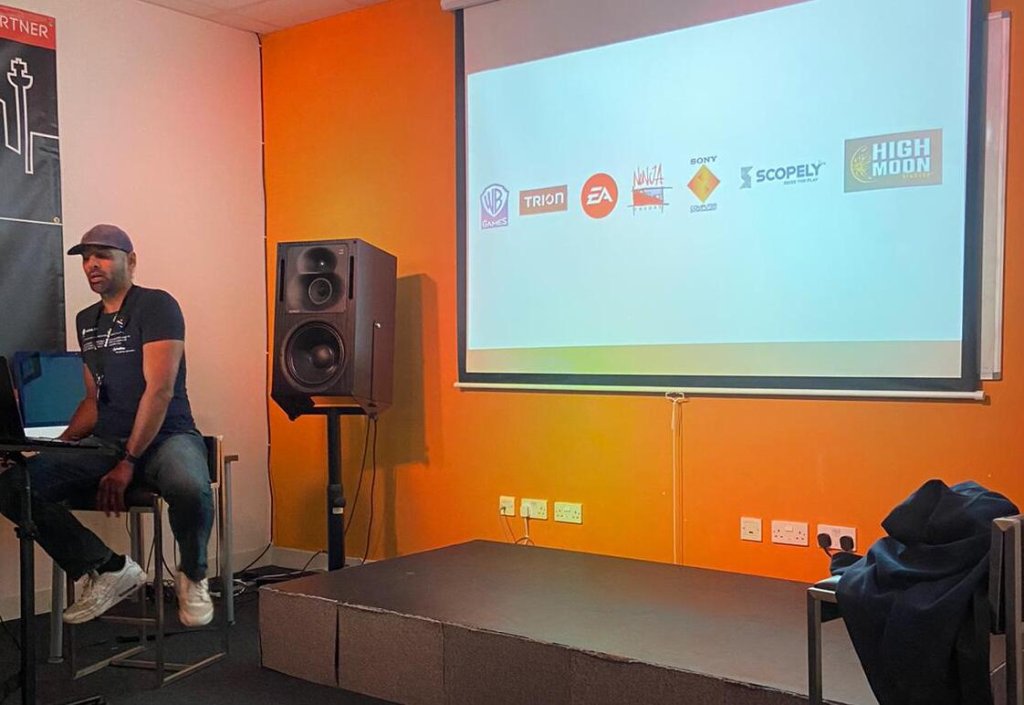
OC: Events and exhibitions where you can go and talk to companies and other professionals in the gaming world can be really beneficial when it comes to networking and developing your career.
There are lots of events all over the country and internationally too. Of course, social media is important in networking but there is something about meeting in person, it can really help show that you’d be a good fit with an organisation or business.
Remember your Online presence
OC: What is the first thing most interviewers do? Many of them will Google your name so make sure you have a positive online presence that will create a good impression.
I started a YouTube channel when I was on a fitness journey and the CEO of a company where I went for an interview saw what I had been through, how committed I’d been and how I eventually achieved my goals. I got the job thanks to this content.
MD: I actually got my Skyhook job through LinkedIn. Make sure it is regularly updated and features live links to your work.
Be ready to receive feedback
OC: Can you take it in a polite way? Try and keep the ego in check. This can be hard when you’re trying to prove yourself and fighting for work and opportunities. But you need to balance passion with being personable and easy to get along with.
Don’t deny yourself opportunities by focussing on a niche
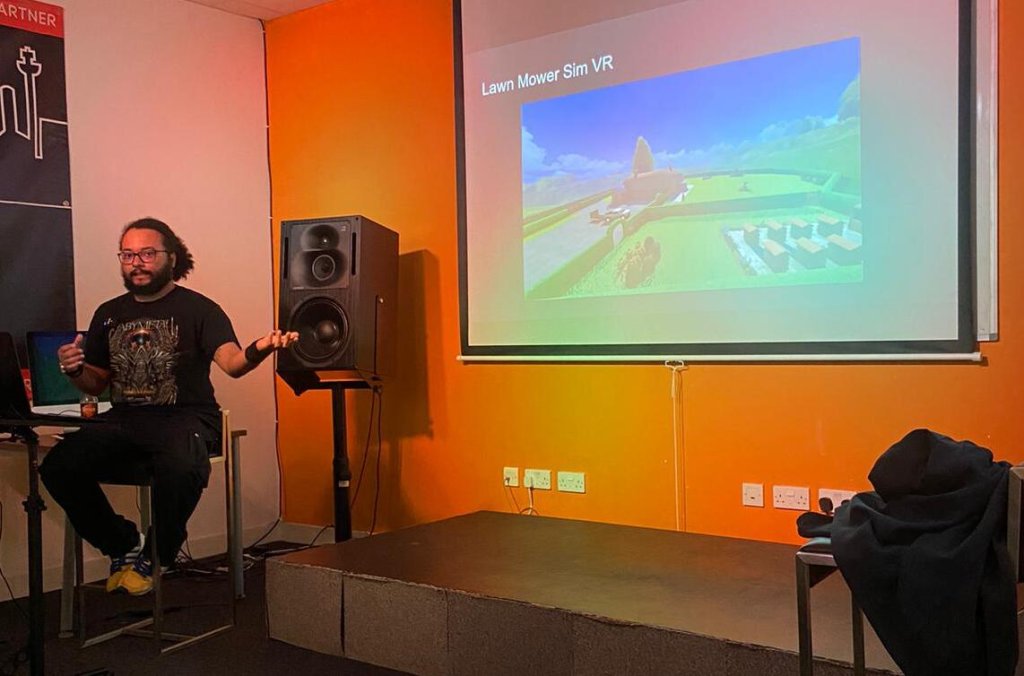
MD: When I first started, I was focused on 3D props and prop art but I started at a small studio and realised I had to embrace areas that I hadn’t studied or expected to be working on.
Sometimes, tasks can seem slightly mundane but remember, by being open and enthusiastic, this can get you into a work environment, a situation where you can network and build your communication skills.
Always know what other people in your business do
MD: At smaller indie companies, it’s a good idea to understand what other people do, just in case you’re needed to step in. You might learn something at uni, but don’t just stop there. Keep on developing your skills.
Stay on top of the latest software
MD: Stay up to date with programmes as much as financially possible – there are free programmes out there too so be aware of them and don’t go out of your way to pay for stuff. If you go to a company, you will likely have a licence and can learn on the job there.
Keep on pushing for opportunities
MD: Don’t be discouraged if you don’t get a job straight away – use any downtime to brush up on your skills and portfolio and work on personal projects. Continue developing these in your spare time, this will help you build your skill sets and portfolio.
Think about your future
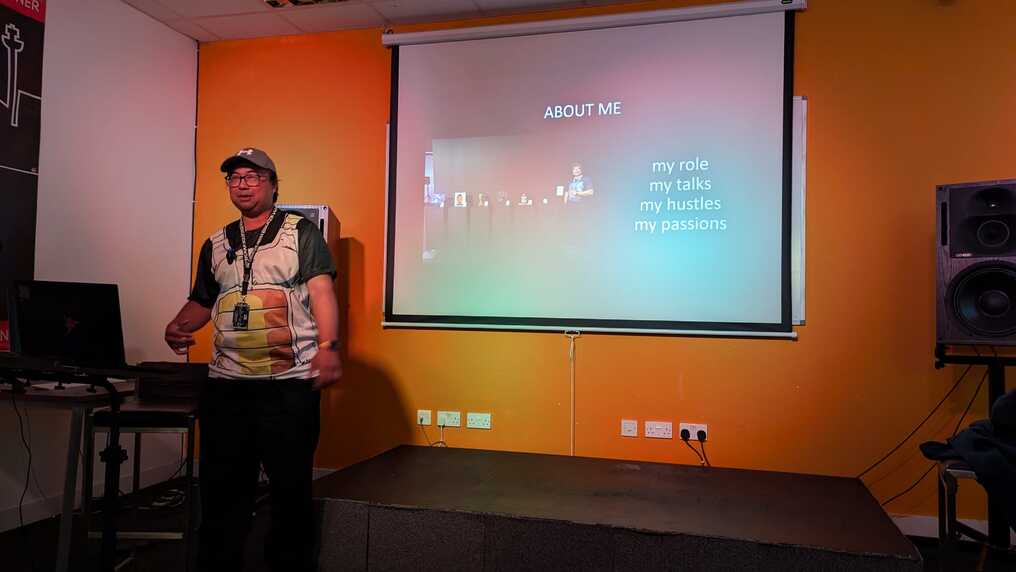
FK: Where are you actually going in your career? Don’t leave it until the last minute, start thinking about what you’re wanting to do during your studies. Be proactive and consider your options – freelancing, starting your own business or a full-time role with a business.
Make sure your portfolio is ready
FK: If you have an updated portfolio, don’t be afraid of sharing it. Make sure it is updated and well-structured as the first impression is really important.
Consider where you’re hosting your portfolio and the niches you show off too – whether it be the game, animation or artwork.
Money is important
FK: Passion is amazing but always consider how you are going to get paid for your efforts too. Think smartly about how you work and what you work on.
STUDY GAME ART ANIMATION AT SAE
SAE offers two-year accelerated degree courses in growth creative media industries including Game Art Animation and Games Programming – all aimed at helping the next generation of creative professionals get ahead.
From our expert tutors to our cutting-edge computer labs, SAE’s degree will enable you to master a range of both technical and practical industry-relevant skills.





